How to Know the Right Thing to Do
There are few greater challenges than working out what is the right thing to do. Sometimes it can appear quite difficult working out what to choose. These are some suggestions for following our inner conscience and creating the life which will give us most satisfaction.
Be Still
To listen to the inner voice, we have to be able to still the mind and quieten our conflicting thoughts. We need to have a faith that something within us we have the wisdom to know our the right thing. To listen to our inner voice, we can try this technique. Repeat the question very carefully in silence and then try to maintain an inner silence for at least 5 minutes; we should not allow any thought to enter, but keep our mind absolutely quiet. At the end of our silent meditation we should have a clearer idea about what to do.
Does it Give You Peace or Anxiety?
If we feel inwardly awkward about a certain course of action, this is a sign that we are doing the wrong thing. When we are doing the right thing, it will be accompanied by a sense of inner peace. Even if others may not appreciate our action, as long as we are acting with the right motives and intentions, we will have a clear conscience and a sense of peace with our decision.
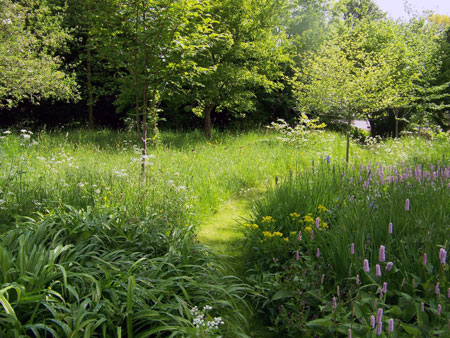

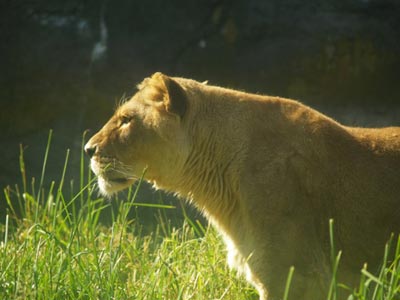
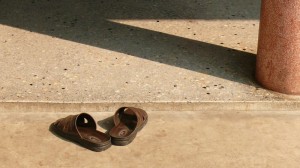
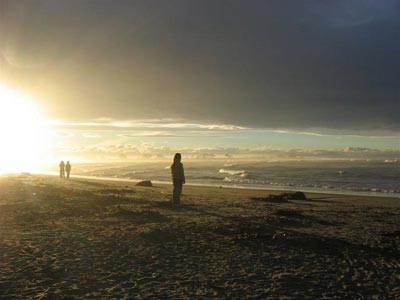


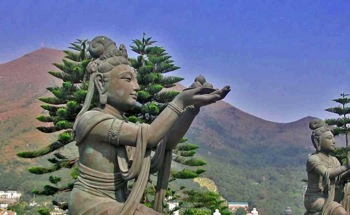

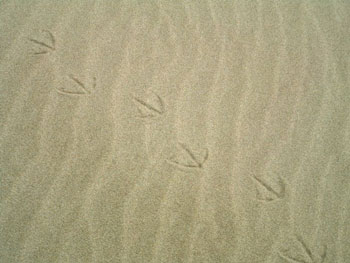
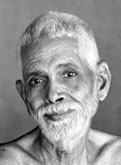 His quest for self discovery was so profound he left his home village and travelled to the mountain of Arunachala in the South of India. For several years Ramana Maharshi, maintained only the weakest connection with the world, spending his time rapt in meditation. Later in his life people were drawn to this very simple sage; feeling in his presence an aura of peace. He spoke very little – preferring to teach in silence. However, when he did speak he taught a very simple path of self inquiry. Ramana Maharshi directed people to ask themselves this question – Who Am I? He said if we could only discover who we really are, all our problems would be solved.
His quest for self discovery was so profound he left his home village and travelled to the mountain of Arunachala in the South of India. For several years Ramana Maharshi, maintained only the weakest connection with the world, spending his time rapt in meditation. Later in his life people were drawn to this very simple sage; feeling in his presence an aura of peace. He spoke very little – preferring to teach in silence. However, when he did speak he taught a very simple path of self inquiry. Ramana Maharshi directed people to ask themselves this question – Who Am I? He said if we could only discover who we really are, all our problems would be solved.